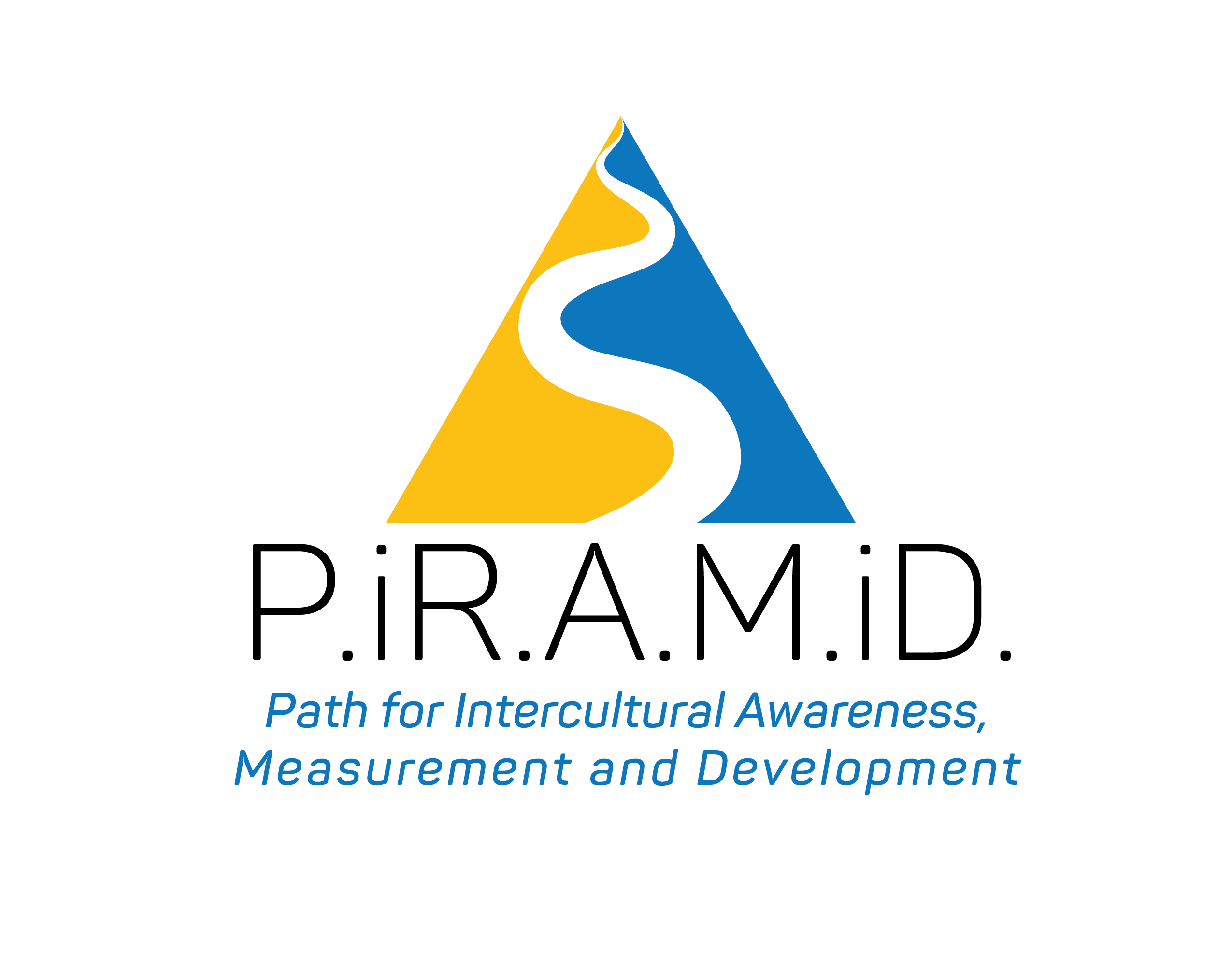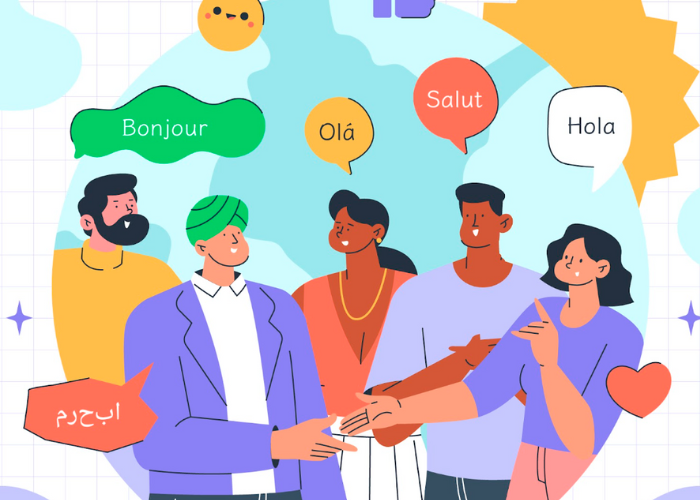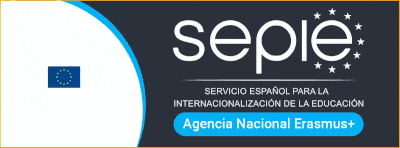This website use cookies to ensure you get the best experience on our website

P.IR.A.M.iD
2023-1-ES01-KA220-VET-000157060
The importance of intercultural skills in a globalized world
15 January 2025

In an increasingly interconnected world, the ability to communicate and collaborate across cultures has become more than a desirable skill—it’s a necessity. From international employment to study exchange programs, immigration, urbanization, and global travel, opportunities for multicultural interactions are growing every day. Developing strong intercultural skills is essential for navigating these opportunities successfully and fostering meaningful connections in diverse environments.
Intercultural skills, often referred to as intercultural communication competence (ICC), enable effective communication and interaction across cultural boundaries. As defined by Oana-Antonia Ilie, these competencies rely on three foundational attributes:
- Attitudes:
Respect, openness, and curiosity are critical for intercultural communication.
Demonstrating consideration for others and actively listening shows appreciation and helps build lasting relationships.
A willingness to step beyond one’s comfort zone fosters deeper understanding and connection.
- Knowledge:
Understanding cultural norms, values, and communication behaviors is essential.
Categories of knowledge include sociolinguistic awareness, cultural self-awareness, and culture-specific knowledge.
Deep cultural knowledge allows individuals to recognize and navigate cultural differences effectively.
- Skills:
Key skills such as observing, listening, analyzing, evaluating, interpreting, and relating help process and apply cultural knowledge.
Critical self-reflection is also crucial for developing self-awareness and improving intercultural interactions.
But why are these skills so important in today’s world?
In everyday life, intercultural skills promote greater openness and tolerance, helping us build stronger relationships based on mutual respect. They also enrich our experiences, allowing for meaningful connections that deepen our understanding of different cultures.
In professional settings, especially in sectors like tourism, intercultural skills are increasingly vital. Organizations now operate in multicultural contexts, whether through international teams, global partnerships, or diverse customer bases. These skills help:
Foster harmonious workplace relationships.
Improve team collaboration and productivity.
Enhance customer satisfaction by understanding and meeting diverse needs.
For students and teachers, intercultural skills are equally crucial. They can benefit greatly from these competencies, as they prepare them to:
Confidently participate in international exchange programs.
Collaborate effectively in diverse teams.
Lead with empathy and adaptability in the global workforce.
The outcomes of developing intercultural competence are transformative. Internally, these skills foster empathy, flexibility, and adaptability, enabling individuals to respond thoughtfully to others’ expectations. Externally, they result in effective communication behaviors that build stronger relationships and drive collaborative success.
Reference: Oana-Antonia Ilie: “The intercultural competence. developing effective intercultural communication skills” International Conference “Knowledge-based organization” Vol. XXV No 2, 2019

This project has been funded with support from the European Commission.
This publication reflects the views only of the authors, and the Commission cannot be held responsible for any use which may be made of the information contained therein.
